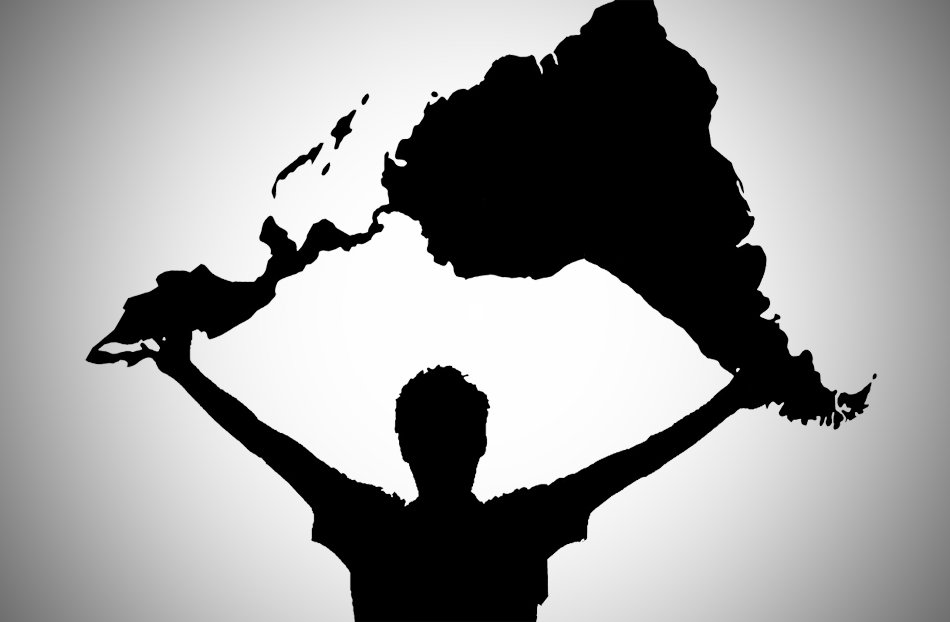“Latin America has always reflected great political and institutional instability, but not like in recent times,” Juan Battaleme, academic director of the Argentine Council for International Relations (CARI), told EFE.
“Today there is political instability in Peru, Bolivia, Argentina, Brazil, Colombia, Venezuela and Central America, and this makes it seem that there is a high degree of instability”, he analyzed.
These ups and downs, according to the member of the International Institute for Strategic Studies (IISS), “come from a greater degree of social polarization and little possibility of improvement within a reasonable period of time”.

This crisis is compounded by the loss of credibility of the democratic system, argued José Miguel Vivanco, senior fellow for Human Rights at the US research institute Council on Foreign Relations.
Most democratic systems in the region offer the possibility of rewarding or punishing incumbent leaders when elections are called, Vivanco recalled.
“This shows that citizens are exercising control through the ballot box, but at the same time it is a proof of great frustration”, analyzed Vivanco, who was for many years director of Human Rights Watch for America.
The adverse economic situation and its consequences for the population are, in the opinion of these analysts, the main factor behind the political and social unrest.
Problems of food insecurity, polarization and loss of competitiveness explain “why we have democratic backlash”, according to Battaleme.
“Caudillismo never leaves Latin America and this leads to the emergence of leaders who offer easy solutions that try to channel social unrest”, commented CARI’s academic director.
Economic difficulties are an important factor, in the opinion of José Miguel Vivanco, because “when an economy stops growing, generating jobs and better opportunities, insecurity grows. If the institutional design is precarious and does not allow the emergence of strong political parties, as in the case of Peru, generates greater political instability”, he emphasized.
Peru‘s international isolation, the attack on democracy in Brazil and the recent diplomatic confrontation between Guatemala and Colombia are also circumstances that are pushing further away the possibilities of regional integration.
“Regional integration works badly because the countries’ realities and objectives are completely different”, says Juan Battaleme.
In this context, the Community of Latin American and Caribbean States (CELAC), whose seventh summit will be held this Tuesday in Buenos Aires, is not only a coordination forum, but also “an arena for China to implement part of its actions policies in relation to the region”.
“Integration is the result of common economic and political interests, and this does not happen in Latin America”, according to Battaleme, for whom “the last great offer of flexible integration” was the FTAA (Free Trade Area of the Americas, sponsored by the USA).
The adoption in 2001 of the Inter-American Democratic Charter was a “genuine attempt” to advance this integration, but the reality two decades later is that “the region cannot be more fragmented”, lamented José Miguel Vivanco.
“The project that has gained strength is that of populism, a populism that is generally authoritarian. Today, everyone is on their own and this desired regional unity is part of the rhetoric of speeches, but in practice it has no connection with reality”, said Vivanco.
With information from Gazeta do Povo

